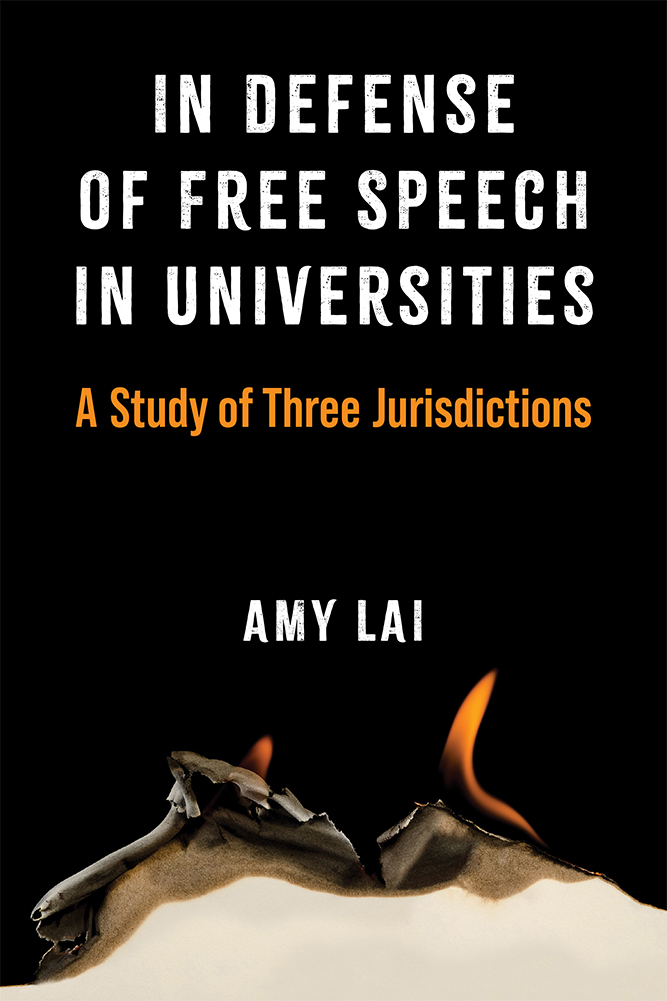As my last post indicates, the “desk review” process is the first hurdle to get past in the publishing process. Most email inquiries lead to rejections, as do most proposals. The key to overcome this hurdle, I am convinced, is to make a more rounded proposal that appeals to a broad readership. A failure to appeal to an acquisition editor may not be an indicator of the quality of the proposal: it likely means that the publisher is not a good fit.
The editor’s agreement to send it to reviewers is likely a good sign: it indicates a certain level of commitment to your project. What if the reviews are not entirely positive? If the editor is not interested, he would likely stop there and jot you a polite rejection email. An interested editor would allow you to respond to the reviewers’ comments and suggestions—so it is again a good sign. It indicates that despite the lukewarm or mixed reviews, you are now given another chance to “prove” yourself!
The editor at Cambridge University Press asked me to respond to the reviews re: my first book. Although I thought I was not going to make it, I tried to sound as positive as I could and address each piece of comment in a methodical manner. I was sincere though: if I did not believe in my work, how could I possibly convince people to invest in it? I have kept a copy of my response: if you want to read it, just leave me a note.
There have been a few people who put me down, albeit in a very subtle way, that I managed to publish my book with this press due to my “connections” to Cambridge. This is complete BS! I wish I were that privileged and well-connected (by the way, I absolutely hate the way people keep using aka abusing the term “privilege” to belittle others.) I am sure that luck had to do with it and there is much room for improvement in my work. Nonetheless, I earned and deserved this accomplishment, which enabled me to rise above those mean souls. This sense of pride will last a life time: while many law deans or “people with power” have lots of money and “prestige,” it seems that even with all that power and wealth many of them have not been able to publish with top-ranked presses.
It is said that people who have acquired money and power would strive for non-material things and so I doubt that they have not for a moment desired to publish with these presses. Hence, I wonder how many publishers have been bribed, and laud their tremendous sense of principle and integrity!
About my second book
My new book was very recently published by the University of Michigan Press. In fact, you can read it for free (by downloading a kindle version of it via, for example, Amazon). I am also tremendously proud of it and believe it to be better than my first. Please read it and me know your thoughts, or better still, write a review and give me the stars I deserve on Amazon!
My second book underwent two review processes. My proposal and the first three draft chapters underwent an initial review in late 2018. I was told to address certain issues by the reviewers before sending it back to the same reviewers. After the reviewers recommended “accept,” the publisher sent me a formal contract which I signed, which took place in early 2019. Thinking that the project needed no further review, I began writing the rest of the book manuscript with passion.
Alas, there came a further review process that last for three months after I sent in my full book manuscript in mid-2021! I was told that the review process could take up to a year at some other publishers. Having put so much time and effort into it, I could not bear to see it rejected and even revealed my anxiety to the editorial director. I likely sounded so frightened that she reassured me by forwarding the first reviewer’s letter to me when it came in. The first letter was glowing with compliments and recommended publication with a capitalized “YES.” The second letter came in a month later: it also “OK’ed” my full manuscript.
The writing process itself was grueling but highly satisfying. My motivation came from atrocious behaviors of some members of academia whom I had the misfortune to encounter in the previous years. They include authoritarian professors at a Canadian law school who were eager to deplatform invited speakers they did not agree with, and who were sneaky enough to find out my views on deplatforming to see whether I could be accepted into their “club”–or more precisely, gang.
There were also people I talked to in Germany, like a man who told me that my views “seemed dangerous” because they were different from his own. These people were reminiscent of Red Guards/the Stasi. They made the world a toxic and terrifying place to live. I put all my “dangerous” arguments in the book, which earned me not only the recognition from really accomplished scholars but also several national and international awards. Isn’t this one of life’s little ironies?
After my second book went out, I felt like that I have vindicated myself. Whereas the first book filled me with pride that would last a a lifetime, words could not describe my feelings when I received a copy of my second book. Because I already have two books with some of the most prestigious publishers in the world and have completed tasks that many people, despite their strong connections in a career rife with nepotism, might not be able to achieve, I no longer feel the need to seek out equally prestigious outlets for my future publications. Should I feel strongly about some issues, I can go for lesser publishers, or even self-publish my works and make them freely available on Amazon.

